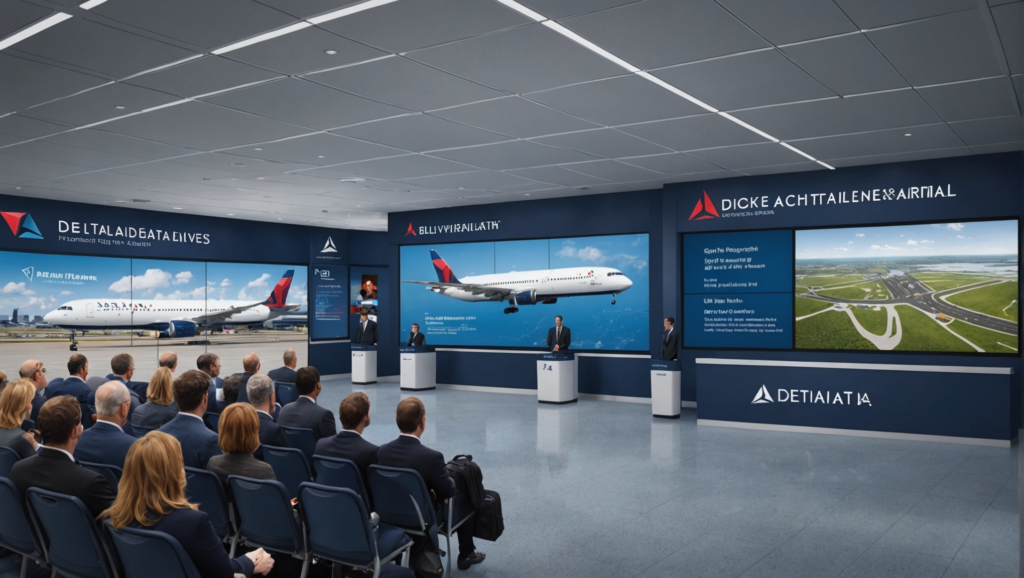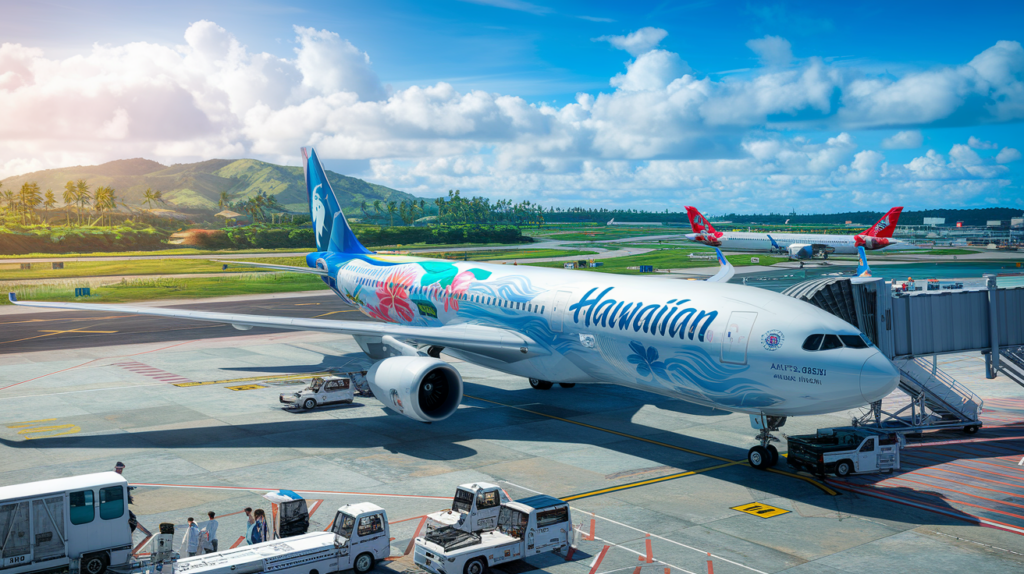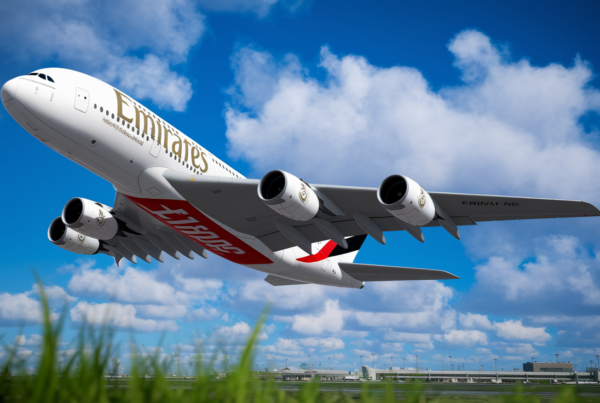During a flight operated by Delta aboard a A330a disturbing incident occurred at Orlando. One of the engines inexplicably caught fire, creating an emergency situation requiring immediate action. The crew acted swiftly, evacuating the passengers using emergency slides. Thanks to exemplary coordination, all passengers were able to leave the aircraft without serious injury. This incident underlines the importance of vigilance and preparedness in the aviation sector, ensuring an effective response to potentially dangerous incidents. The relevant authorities are continuing their investigation in order to avoid future incidents.
An exceptional incident occurred in Orlando when a motor of the Airbus A330 operated by Delta began to show signs of fire. The situation immediately mobilized ground and on-board teams, resulting in the rapid evacuation of passengers using the emergency slides. The incident, although brought under control, raises important questions about emergency management in the aviation sector.
The pilots and cabin crew demonstrated exemplary responsiveness in applying safety procedures. At the first sign of trouble, they activated emergency protocols to protect the lives of passengers and crew, enabling a rapid and organized evacuation. This type of incident is a reminder of the crucial importance of regular drills and effective safety systems on board modern aircraft.
From a technical point of view, several factors can contribute to this type of situation. In-depth investigations must be carried out to determine the origin of the anomaly. Particular attention is paid to maintenance systemA careful follow-up is essential to prevent such incidents. For further information, please consult a behind-the-scenes look at the maintenance process on an airliner.
In addition, the FUEL CHANGE are sometimes necessary in emergency situations to guarantee the safety of operations. These procedures, although complex, are implemented to reduce any additional risk. For further information on this subject, please consult the reasons behind fuel changes.
In a broader context, the incident comes at a time when the aeronautics industry continues to integrate cutting-edge technologies. Major players such asAirbus and manufacturers such as Pratt & Whitney - whose GTF engine for the 321XLR was recently approved by ESA (leasa) - testify to our constant drive to improve the reliability and safety of our products.
The incident has also rekindled the debate on technological innovation in aviation, particularly in relation to futuristic projects such as supersonic flight. Passionate discussions are circulating on specialized forums and news sites, notably on the article dedicated to whether we can believe in the promises of Chinese supersonics. To explore this topic, go to this aerial project.
In addition, it is important to highlight the benefits offered to regular readers. Our subscribers enjoy a smooth navigation without advertising banners, so they can access information with complete peace of mind. What's more, the pseudonym validation system ensures that every comment published reflects the authentic opinion of its author, while their publication in instant offers immediate interaction with the community.
Comparison of key aspects
| Type of incident | Engine ignited on A330 from Delta |
| Location | Intervention at Orlando |
| Emergency procedure | Evacuation by emergency slides |
| Immediate measures | Activate security protocols |
| Reaction time | Rapid deployment of emergency teams |
| Communication | Real-time passenger announcements |
On the same theme
Delta unveils new transatlantic route plan for 2025
Delta Air Lines has announced its new schedule for summer 2025, featuring some 700 weekly flights linking the United States with 33 European destinations. Among the new features, a four-times-weekly flight between Atlanta and Naples will be launched in May...
Alaska Airlines takes over Hawaiian's A330s to serve Asia
The merger between Alaska Airlines and Hawaiian Airlines enables Alaska to expand its international network. Starting on May 12, 2025, Alaska will launch daily flights between Seattle and Tokyo, followed by service to Seoul in October 2025. These routes will be...






